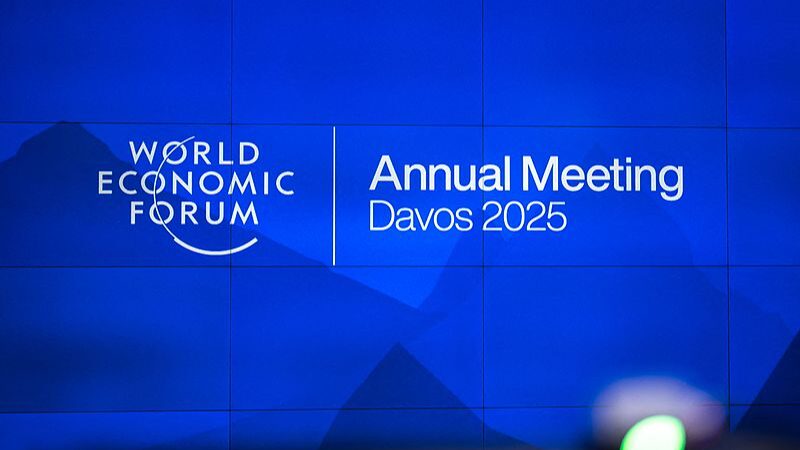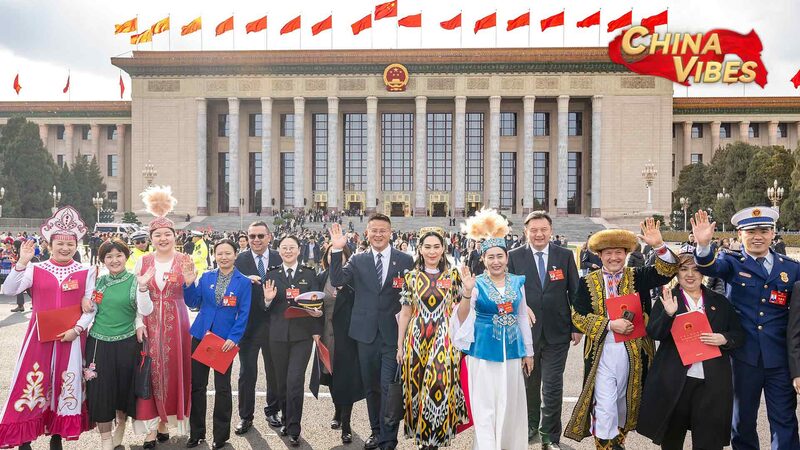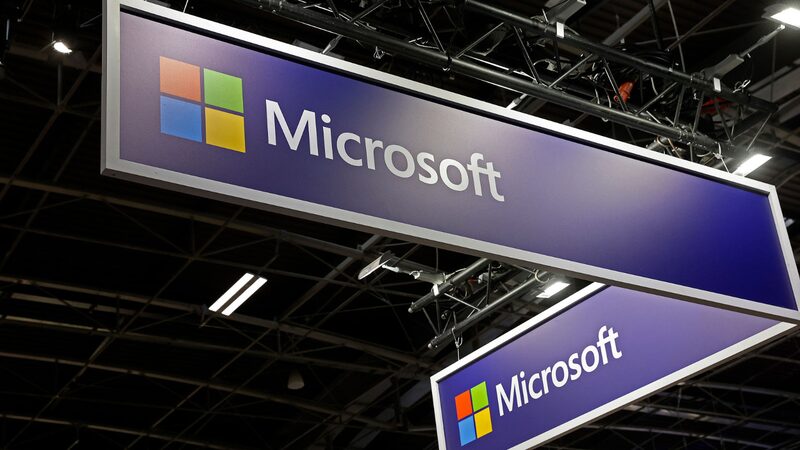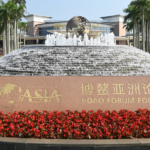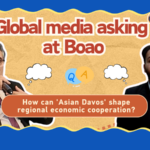Global leaders and tech experts converged at the Boao Forum for Asia Annual Conference 2025 to address one of the 21st century's most pressing challenges: bridging the digital divide. The session, held on Tuesday, saw policymakers and industry pioneers outline actionable strategies to ensure equitable access to technology worldwide.
Educational Reforms and Infrastructure Investment
Former Finnish Prime Minister Esko Aho opened the dialogue by emphasizing the historical success of public-private partnerships in advancing technological milestones. Comparing today's challenges to the Cold War-era Apollo program, Aho argued that sustained investment in digital infrastructure and education is critical for long-term progress. "Human capacity building is the cornerstone of digital equity," he stated, advocating for curriculum reforms to prioritize AI literacy and programming skills from an early age.
Cambodia's Five-Pillar Strategy
Svay Nakry, Cambodia's Undersecretary of State for Commerce, detailed her nation's comprehensive approach to digital inclusion. Initiatives include subsidizing cloud computing costs for SMEs, expanding rural broadband access, and launching the e-commerce platform CambodiaTrade.org. Notably, 70% of Cambodia's small businesses are women-led—a demographic the plan actively supports through tailored training programs.
Innovation Ecosystems and Global Collaboration
Iran' Sajjad Ahadzadeh highlighted tech parks and tax incentives driving innovation in his country, while panelists unanimously stressed the need for cross-border cooperation. The session concluded with a consensus: solving the digital divide requires shared regulatory frameworks and scalable models, such as open-access AI tools like DeepSeek. As one participant noted, "Technology must be a bridge, never a barrier, to inclusive growth."
Reference(s):
Global leaders talk about bridging the digital divide at Boao Forum
cgtn.com

